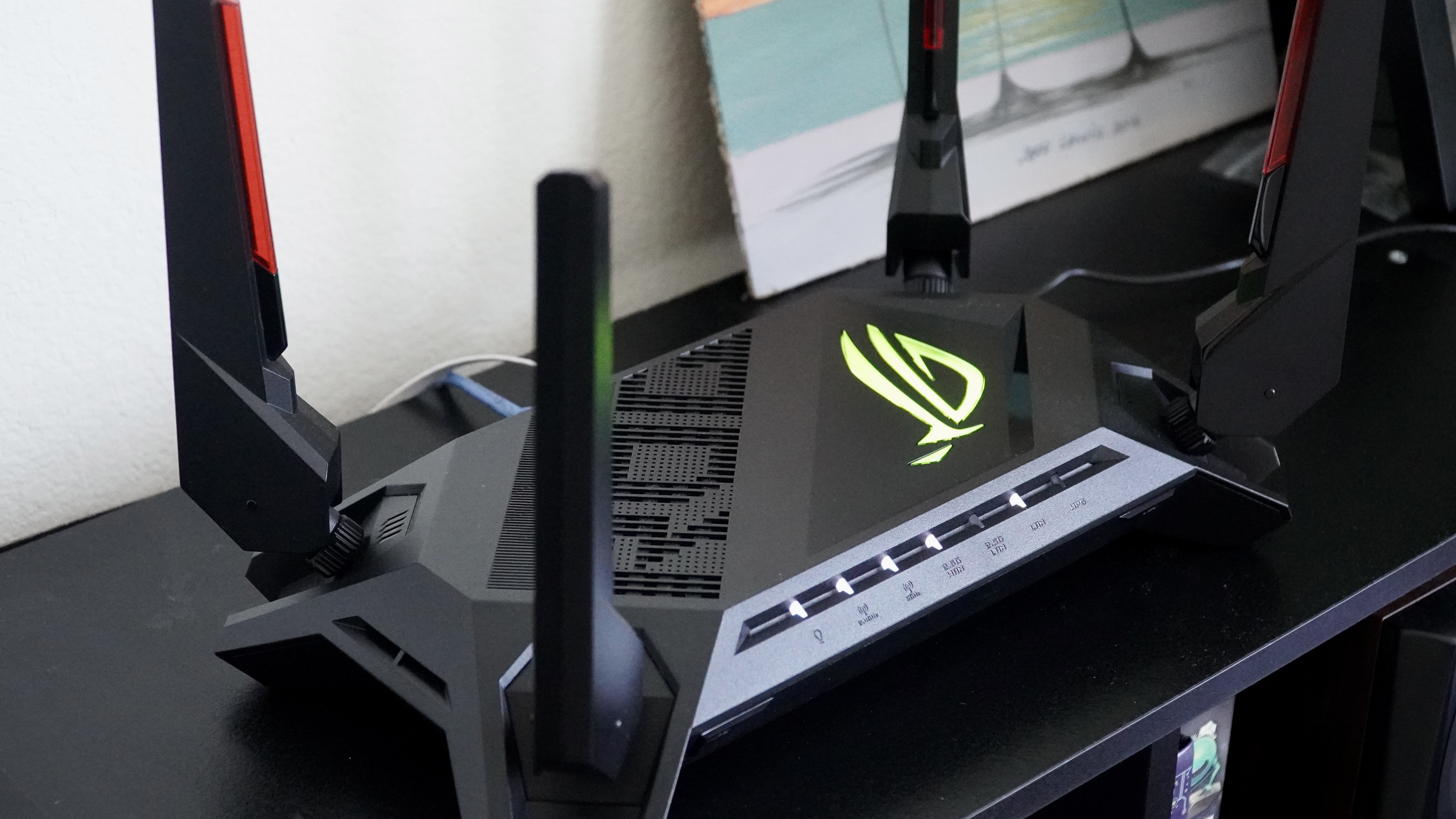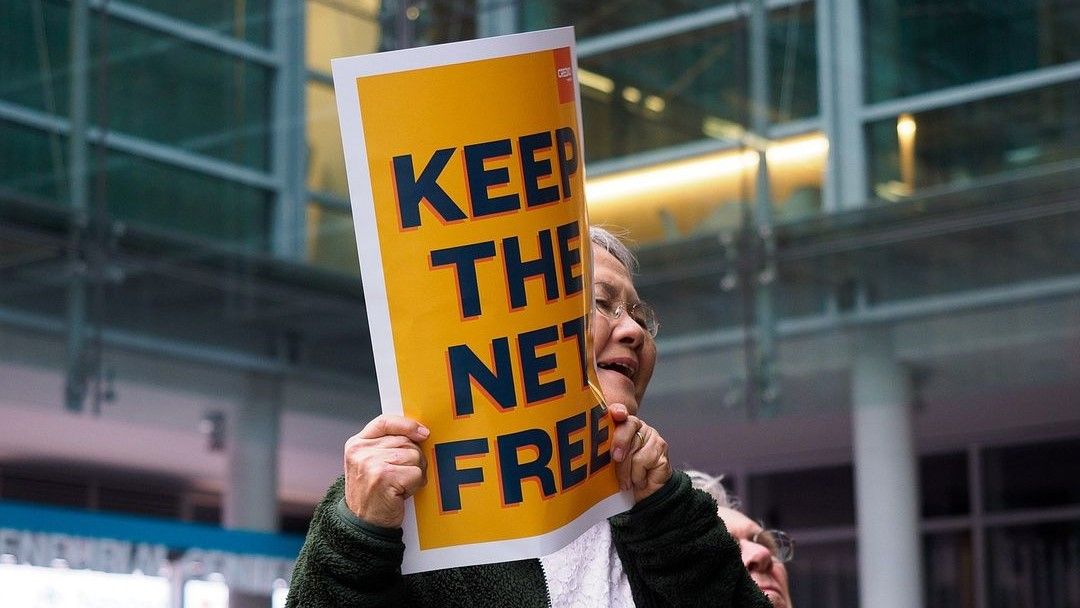What you require to recognize
- In an appellate court judgment this week, internet neutrality regulations were struck down in a substantial strike to policy.
- The court decided that the FCC really did not have the authority to impose web nonpartisanship policies on ISPs, disagreeing with the firm’s interpretation of the Telecom Act.
- The decision obstructs executive branch firms’ ability to regulate huge technology firms, and criterion might be applied to hot-button concerns like right-to-repair.
Complying with the Biden management’s short revival of net nonpartisanship, a government appeals court determined the Federal Communications Compensation (FCC) does not have the authority to enforce those regulations on internet service providers (ISPs). The debatable collection of internet neutrality policies have actually been the subject of fierce disputes for nearly a decade, and the court’s ruling indicates they may be chosen excellent. A lot more importantly, the decision establishes additional criterion that limits government agencies’ capacity to manage huge technology, in aspects such as right-to-repair.
For those unfamiliar, internet nonpartisanship was a set of regulations that basically required ISPs to deal with all internet website traffic just as. It really did not matter which site you wanted to get to or where you were located– ISPs could not offer certain domain names preference over one more.
Why would an ISP want to do that? Comcast, for instance, owns Xfinity, which represents 40 % of all broadband web memberships and is the nation-leading ISP by far, according to Statista. It also owns NBCUniversal, which organizes streaming service Peacock. Without internet neutrality, Comcast could– theoretically– focus on Peacock streams over Netflix streams to place its own interests in advance of those of its clients.
So, that’s the argument for internet neutrality. The debate against net nonpartisanship is that it will certainly lead to clients paying more for net service. Think of it: If ISPs were permitted to slow down net speeds of certain websites, it could require that the firms holding those sites spend for better preference. Without internet nonpartisanship, manage big-name sites serve as an extra income sources for ISPs– revenue that would otherwise be achieved by billing ordinary individuals extra.
For several years, the FCC had a hard time to correctly categorize ISPs. It started by calling them “info solutions” in 2005, which would not give the FCC authority to impose guidelines upon them. Then, it shifted program in 2010, passing the Open Web Order. Broadband companies filed a claim against to obstruct the FCC’s very first stab at net neutrality regulations and achieved success, due to the fact that the courts determined the FCC can only manage “typical service providers,” like airlines, railways, and some telecom companies.
It was resolved– or so we thought. In 2015, then-President Barack Obama okayed for the FCC to reclassify broadband net carriers as usual carriers. Therefore, offering the FCC the authority to impose web nonpartisanship policies as they are recognized today. Once again, it appeared worked out, till the FCC determined to roll back internet nonpartisanship under then-President Trump in 2017
Ultimately, web neutrality got a second opportunity under President Biden, although it quickly dealt with grim lawful challenges. That brings us to the here and now, when a federal allures court struck down internet neutrality seemingly for good with the help of newly-minted Supreme Court criterion.

Regardless of what you think about net nonpartisanship, this decision is monumental. It’s a confirmation of what was expected when the U.S. High court rescinded a lawful principle established via criterion with the situation Chevron v. Natural Resources Protection Council (NRDC) in 1984 The technique ended up being called Chevron deference, and it essentially implied that courts would certainly offer submission to expert regulatory firms’ interpretation of legislations when making a decision situations.
Why would certainly the courts provide submission to executive branch agencies like the Epa (EPA) or FCC? The reasoning was twofold. For one, these situations usually worried complicated concerns that the average federal court was likely not a professional on, whereas regulator companies are the authoritative subject matter experts in their respective areas.
Additionally, there was the thought that executive branch companies were best fit to make significant plan choices since they might be held answerable by voters– we saw this in technique as internet nonpartisanship rolled with the Obama, Trump, and Biden administrations.
When the Supreme Court killed the idea of Chevron submission last year, it gave courts nationwide the criterion to favor their very own interpretation of the regulations rather than those of regulative firms.
That’s specifically exactly how we got right here. The Sixth Circuit Court of Appeals really did not concur with the FCC’s classification of ISPs as usual providers, and didn’t think the FCC had the authority to enforce net neutrality guidelines. For the first time in decades, the court’s point of view held even more weight than the firms’ opinion.
“Unlike previous challenges that the D.C. Circuit thought about under Chevron, we no more afford submission to the FCC’s reading of the statute,” the judges composed in their decision. “We acknowledge that the operations of the Net are made complex and dynamic, and that the FCC has substantial knowledge in supervising ‘this technological and intricate location,” they proceed, including that the agency’s analysis “can not be used to overwrite the plain definition of the statute.”

The decision is not just a massive blow to web neutrality, but likewise a struck to large tech policy in general. If executive branch companies– such as the FCC or the Customer Financial Defense Bureau (CFPB) or the Federal Trade Payment (FTC), can’t rule in technology companies without specific laws giving them the authority to do so– progression might stall.
That reality puts a lot more pressure on united state Congress to establish legislations that regulate big tech, which can hold up against judicial scrutiny.
“Customers across the country have actually told us over and over that they want a web that is quickly, open, and reasonable,” claimed Jessica Rosenworcel, the FCC chair, in a statement. “With this choice it is clear that Congress now needs to hearken their phone call, use up the fee for web nonpartisanship, and put open internet concepts in federal law.”
If you’ve complied with hot-button innovation policy subjects of late– think net nonpartisanship, right-to-repair, antitrust, and interoperability– you’ll know simply exactly how difficult it is to obtain Congress to agree on these issues. Since the Chevron submission is gone, and the brand-new criterion has been related to huge technology for the first time, firms will certainly have limited leeway to manage these empires. Only time will tell just how that, plus the shift to the Trump management later this month, will certainly affect the real progression made in large tech regulation over the last couple of years.




